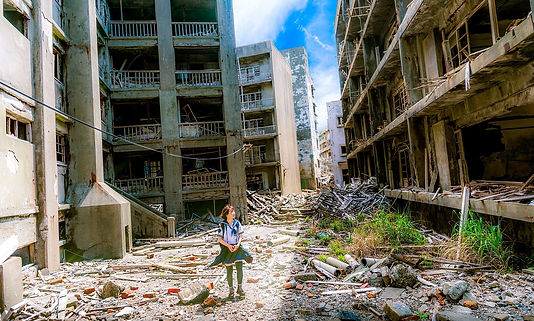A World of Good is a monthly column appearing in Word Vietnam magazing comenting on the state of affairs in the NGO / NPO communities locally and internationally

It’s Time For ‘Beneficiaries’ to Take a Hike
All industries have their impenetrable jargon and Orwellian weirdness and nonprofits are no different (‘synergize learnings’, ack!). But there’s one word in particular that makes me grit my teeth. It’s time to lose ‘beneficiaries’ for once and for all. No really—all of them.
First let’s define ‘beneficiary’. The Oxford English Dictionary says:
“Noun (plural beneficiaries) a person who derives advantage from something, especially a trust, will, or life insurance policy.”
This isn’t about semantics but I do think the use of the word beneficiaries underpins everything that is wrong in aid and development work. It’s reductionist, patronizing and worse, smug.
‘Derives advantage’ is where I’m going with this. People in communities who receive tents and blankets and packets of noodles after a flood are not deriving any advantage. There may be some comfort to receiving a blanket, a tent and a pack of instant noodles (keeping warm, staying dry and avoiding hunger), but the larger point is that this community didn’t choose to be flooded out. That village didn’t ask to have their homes and livelihoods destroyed. They likely asked for a reasonable response time and government assurances that clean-up and recovery procedures would begin the moment it was physically and geographically possible.
Disaster survivors (note the language; never victims, please) are forced into a position of weakness or inferiority because their house blew away or their crops were eaten by locusts. Those handing out the emergency supplies are automatically in a position of superiority as they hurry to 'save' people and distribute aid. When outsiders come rushing in to help, previously functioning communities turn into beneficiaries. What isn’t taken into account is a population’s natural resilience, inherent local knowledge and existing skill-sets.
What People Actually Need
Instead, folks become the ‘recipients of assistance’ or ‘captured populations’ where aid agencies ‘cultivate beneficiary voice’. I’m all for feedback, but I prefer plain speaking in a community and asking them what they feel they need as a solution to a particular problem they’ve identified. My favourite aid story involves war in Eritrea and a shipment of seven truckloads of expired aspirin tablets that took six months to burn.
(Since this post was written it seems this issue will not go away...sex toys for disaster relief!)
Let’s say a development agency wants to ‘do’ education and that’s awesome, as bicycles, uniforms and scholarships are distributed according to need. So far so good. But did anyone ask those beneficiaries what might be needed first? It could turn out that what was needed first was sex-segregated toilets at the school with locking doors, so that girls could attend during their menstrual period and not be harassed or assaulted in the bushes while urinating or defecating. It’s bad enough not being listened to, but it’s worse not even being asked.
Let’s stop congratulating ourselves on needs assessments or baseline surveys that are ‘participatory’ (who else are you going to talk to?) and start talking about—and with—our collaborators in community development and social justice.
My (younger) sister is nodding her head. “That’s what I’ve been trying to tell you for years,” she says.